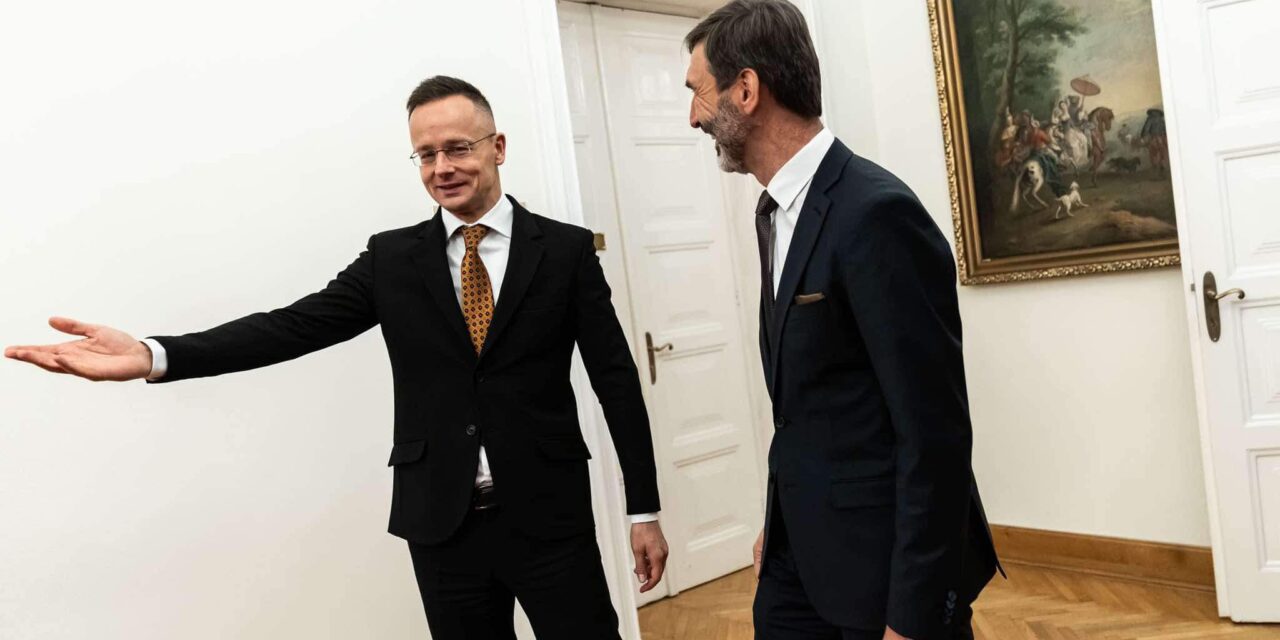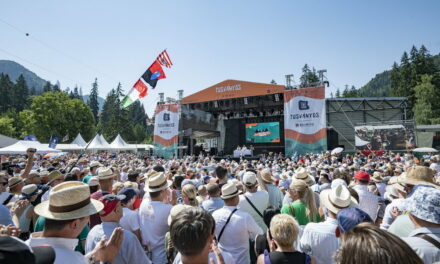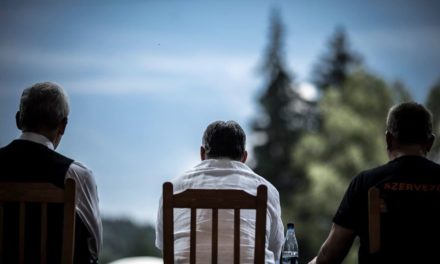There is no need to fear restrictions, Budapest and Bratislava are constantly discussing the language law.
The dialogue between the Hungarian and Slovak governments regarding the state language law is ongoing at all levels, but the members of the Bratislava leadership have made it clear that they do not wish to restrict the use of minority languages, Péter Szijjártó, the Minister of Foreign Affairs and Trade, announced on Thursday in Budapest.
At a joint press conference with his Slovak counterpart, Juraj Blanár, the head of the ministry emphasized that national policy is at the heart of Hungarian foreign policy, so the fate of the Hungarian national community living in the Highlands is extremely important to the government.
He reminded that a law-making process is underway in Slovakia to protect the state language, and the dialogue between the two governments on this matter is ongoing at all levels.
The officials of the Slovak government and the top leaders of Slovak politics have clearly told us that they do not in any way aim to limit minority language rights, he said.
Since politics is an experiential genre, and since we have been cooperating with this Slovak government, we have not had to be disappointed with the given word, so it fills us with comfort that the top-level leaders of Slovak politics have made it clear one by one that they do not want minority language use to limit rights, he added.
After that, he called the bilateral relations a success story and pointed out that Slovakia has now become Hungary's second most important trade partner, with the value of trade turnover stabilizing around 15 billion euros.
He welcomed the fact that while in 2010 there were only twenty-two border crossings between the two countries, their number has now increased to forty.
Péter Szijjártó stated that Hungary and Slovakia provide each other with security in the most sensitive areas. "So when it comes to the physical, energetic and economic security of our countries, cooperation in all three areas gives us both greater security," he noted.
He pointed out that in terms of physical security, it is not only a matter of fighting against illegal migration, but this year the Hungarian and Czech armies are also providing Slovakia's air defense.
"In the field of energy supply, we have common interests in both crude oil and natural gas purchases. We made it clear that we do not want to cut off deliveries from the east, because (...) then the security of the energy supply of both countries would be in acute danger," he warned.
He also recalled that many experts considered the construction of the Hungarian-Slovak natural gas interconnector pointless, but the strategic importance of connecting the energy networks was quickly proven.
He then pointed out that a number of Slovak companies are participating in the investment in Paks, and that they will also play an important role in the later stages of the investment.
He also mentioned that the two governments are working on the preparation of a new agreement on the development of cross-border infrastructural relations. "We will build new bridges, new roads and new rail connections in the next period," he announced.
The minister finally stated that a completely new political reality has emerged since the American presidential election, and there is better hope than ever for peace to return to Central Europe.
"This is particularly good news, especially for those countries and governments that have pursued a pro-peace policy (...) We are proud that, together with Slovakia, we were and are part of the global pro-peace majority," he said.
Furthermore, he believed that since a patriotic government has been in office on both sides of the Danube, the possibility of cooperation based on mutual respect between Hungary and Slovakia has been ensured, and regular dialogue makes it possible to discuss difficult issues as well.
He then stated that they intend to take Slovakian and Hungarian national interests into account during the cooperation. "We understand that many people in Europe support this cooperation, and we understand that it is against the interests of many in Europe and in Brussels that the governments of Hungary and Slovakia maintain an excellent cooperation based on disrespect and trust, but we would like to send a message to everyone who he wants to demolish it, but it won't succeed," he concluded.
Péter Szijjártó, answering questions from journalists, called what the European left is doing with the Hungarian commissioner candidate Olivér Várhelyi a "pathetic political farce".
"Olivér Várhelyi performed excellently in his hearing, there are only petty and low-quality political reasons why the European left is having fun with the Hungarian commissioner candidate. Unfortunately, this phenomenon is not new, the Patriots' representative group was excluded from the possibility of holding any position in the European Parliament with a large left-wing coalition," he said.
MTI
Cover photo: Péter Szijjártó received his Slovak colleague
Source: Facebook/Péter Szijjártó













